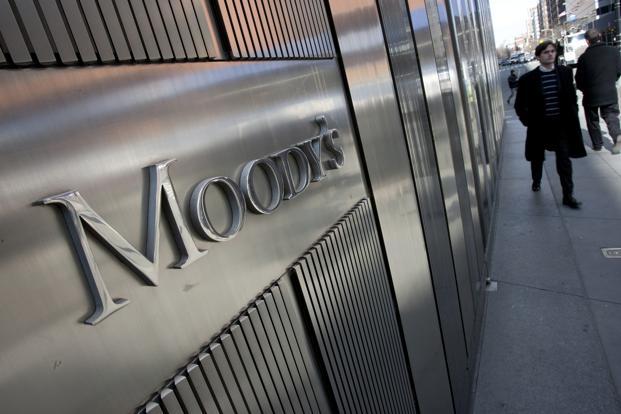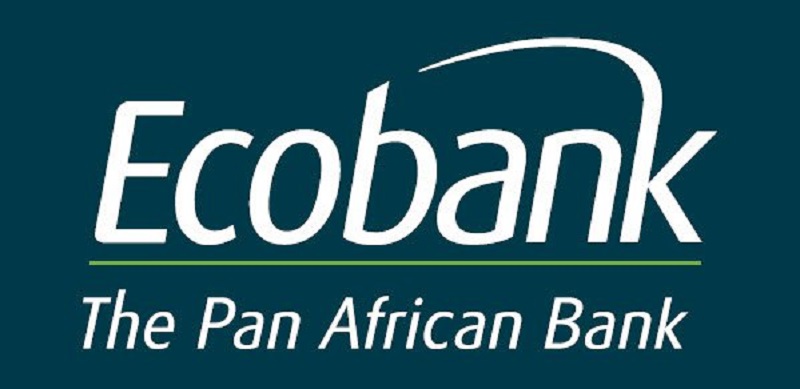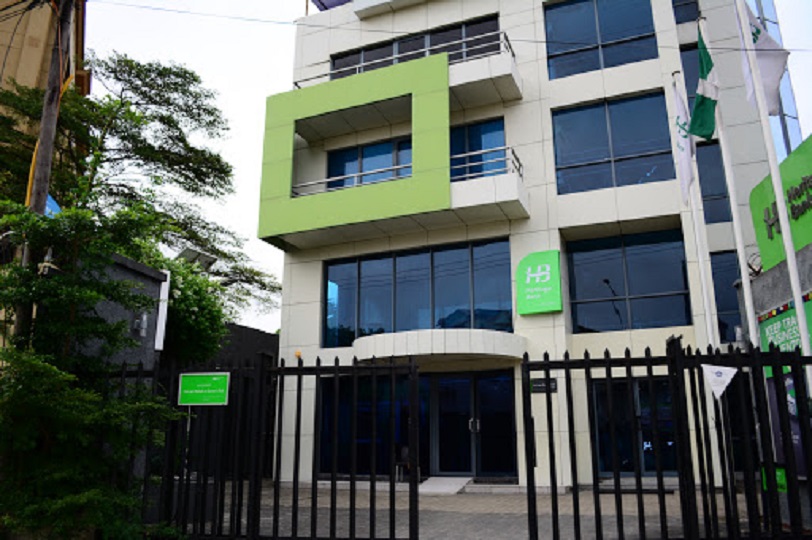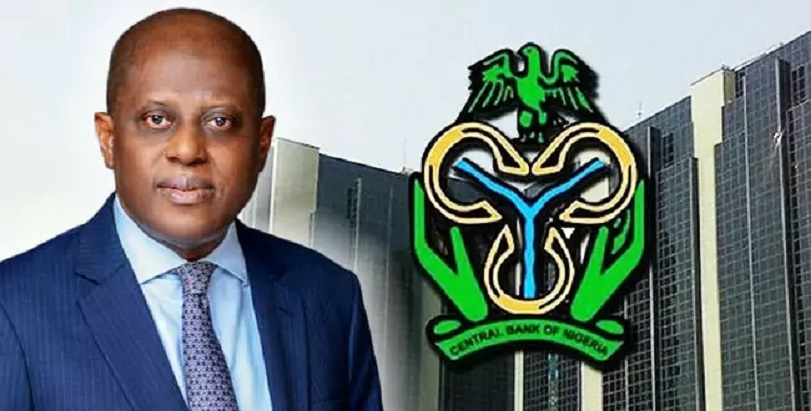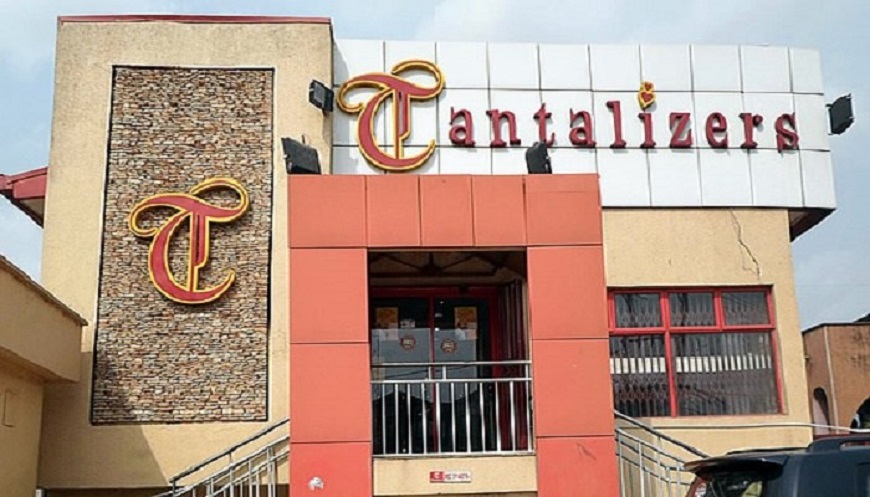By Modupe Gbadeyanka
Renowned global rating firm, Moody’s Investors Service, has downgraded to B2 from B1 the long-term local currency deposit and issuer ratings of four Nigerian banks; Access Bank Plc, Guaranty Trust Bank Plc, (GTBank), United Bank for Africa Plc (UBA) and Zenith Bank Plc as well as the long-term local and foreign currency issuer ratings of Bank of Industry (BoI), a Nigerian development bank.
Moody’s also downgraded to B3 from B2 the long-term foreign currency deposit ratings of Access Bank, GTBank, UBA and Zenith Bank, as well as those of Union Bank of Nigeria Plc, First Bank of Nigeria Limited and Sterling Bank Plc.
In a statement issued by Moody’s last week, it said it concurrently downgraded the baseline credit assessments (BCAs) of Zenith Bank and GTBank to b2 from b1.
Explaining the reason for this, Moody’s said the rating action follows its downgrade of Nigeria’s government bond ratings to B2, with a stable outlook, from B1, with stable outlook, on November 7, 2017 and reflects the government’s reduced capacity to provide support to Nigerian banks in times of stress and the banks’ significant holdings of government securities linking their credit profiles to that of the government.
The decision to downgrade banks’ long-term foreign currency deposit ratings follows the downgrade of the relevant country ceiling for foreign currency deposits to B3 from B2.
Furthermore, it noted that the primary driver of the rating action is the weaker capacity of the government to provide support to banks, in case of stress, as reflected in the downgrade of the sovereign issuer rating to B2 from B1.
Subsequently, Access Bank’ and UBA’s long-term local currency deposit ratings and Bank of Industry’s long-term issuer ratings no longer benefit from a one-notch uplift from their b2 BCAs (or standalone credit profile, as is the case for Bank of Industry) as these are now at the same level as the government bond rating.
It noted that the long-term local currency deposit ratings of Sterling Bank, Union Bank and First Bank have been affirmed at B2, as their b3 BCAs continue benefiting from one notch of government support uplift.
In addition, it said the secondary driver of the rating action is the Nigerian banks’ significant holdings of government securities, which generally exceed 100 percent of their core capital, linking their credit profile to that of the government.
In view of the correlation between sovereign and bank credit risk, the banks’ standalone credit profiles and ratings are constrained by the rating of the government.
As a result, the BCAs for Zenith Bank and GTBank have been downgraded to b2 from b1, in line with the downgrade of the government issuer rating, despite the resilient financial performance witnessed by both banks over the last 24 months.
The BCAs of the other rated Nigerian banks have been affirmed as they already capture risks emanating from their sovereign exposures.
Moody’s said it could upgrade the ratings if the banks can demonstrate ability to contain non-performing loans while maintaining solid core profitability and capital generation could put upward pressure on the banks’ BCAs or lead to a stabilisation in the outlook in the case of First Bank.
“An upgrade of the banks’ global scale deposit and issuer ratings would be contingent on an improvement in the operating environment that translates to an upgrade of Nigeria’s sovereign rating.
“The ratings could be downgraded in the event of a further downgrade of the sovereign and/or if we assess that the government’s willingness to provide support in the future will decline below our current assumptions.
“The ratings could also be downgraded if we anticipate that a deterioration in the macro environment poses downside risks for asset quality and/or the capital generation capacity of the banks beyond what is already assumed in the ratings,” the rating agency disclosed.


